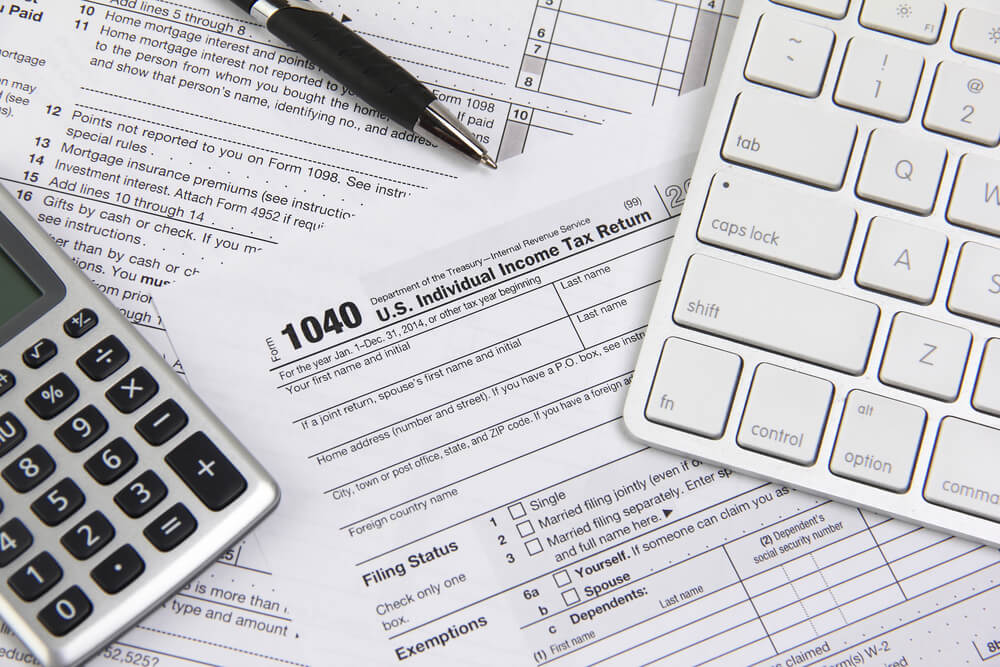
Millions of senior citizens in the United States survive on limited income. For these seniors, especially, it is important to understand how taxes work as well as how to take any advantage of the deductions that are available to them in order to reduce the income taxes they owe. For many individuals it is something of a shock when they realize how little money they have actually put away for retirement. For the elderly, it becomes critical to protect and preserve the money they have.
Here are the top four tax breaks you should know about if you are 65 or older:
Medical and Dental Expenses
These are often the biggest and most prevalent costs senior citizens and retirees face as they age. As much as one-third of a retiree’s income could be going to cover healthcare premiums, prescription drugs, medical equipment, dentures, and other healthcare-related costs. However, for some of these individuals, these expenses might be tax deductible. If you itemize your tax deduction, you may be able to mark out-of-pocket medical expenses on your income tax return. However, this does not mean that all of your medical and dental expenses will qualify as deductions. You are only allowed to deduct any costs that go over 7.5 percent of your adjusted gross income.
Sale of a Home
A number of retirees and senior citizens sell their home for many reasons. They may not be able to maintain a larger home. They may want to move somewhere it’s warmer. Often times, senior citizens who sell their homes find out that their properties are worth a lot more than their purchase price. If you lived in your home for at least two of the five year before you sell your home, you may not have to pay any taxes on the gains you obtain from the sale. An experienced Virginia tax lawyer will be able to advise you regarding your tax liability from a home sale.
Retirement Contributions
If you are retired, you are not prohibited to making tax-deductible contributions to retirement accounts such as your 401(k) or IRA. This might be one of the best types of tax breaks available to seniors because you may need to subsist on your retirement funds. Those who are above the age of 50 can contribute much more to their retirement accounts compared to those who are under 50. Senior citizens may also contribute to their Roth IRA accounts although they might have to pay taxes on those contributions. However, they might not have to pay taxes on the money they withdraw from those accounts. So any interest they get from such as account is essentially tax-free.
Investment-Related Costs
Income you receive from interest, dividends or capital gains as a senior citizen is taxed at a much lower late and is not subject to federal Medicare or Social Security taxes. If you have any expenses relating to your investments that exceed 2 percent of your adjusted gross income, you may be able to deduct those. Examples include accounting fees, attorney fees, purchase of home computers for business purposes, fees paid to financial planners, and subscription fees for investment newsletters, etc.
Contact an Experienced Virginia Tax Lawyer
If you have questions about potential tax breaks that you may have missed or about whether you qualify for specific deductions that apply to senior citizens, please do not hesitate to contact an experienced Virginia tax lawyer for advice. We can also help you if you are facing overwhelming tax debt or if you are wondering how to pay off accrued back taxes.
